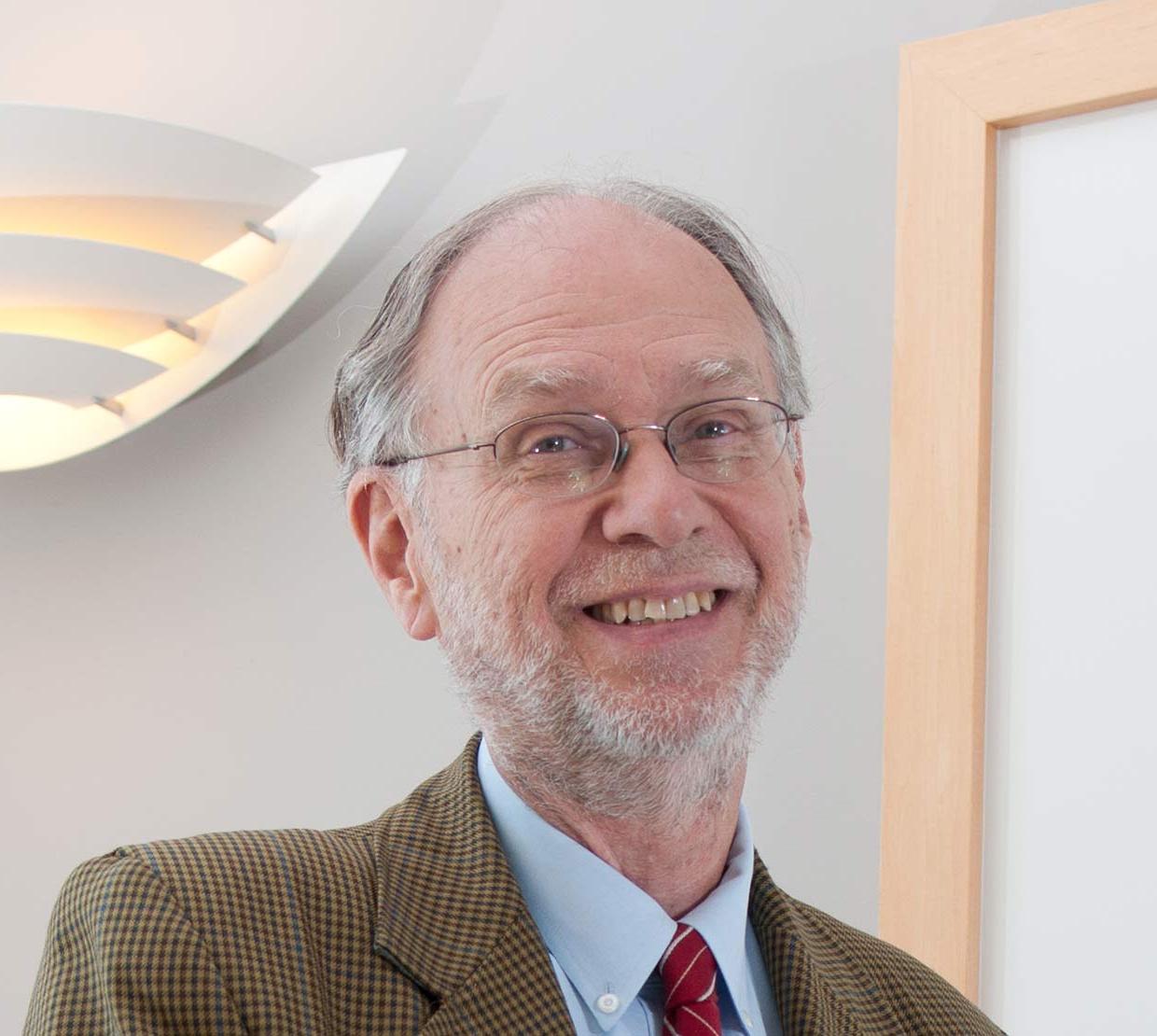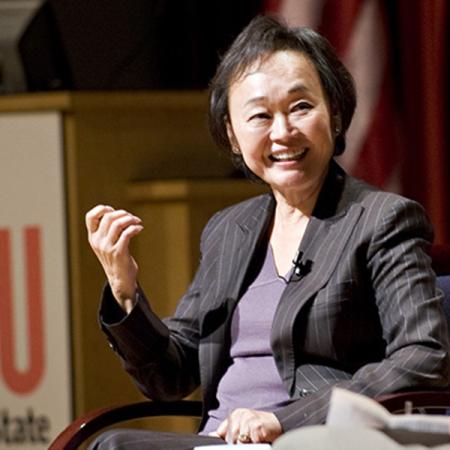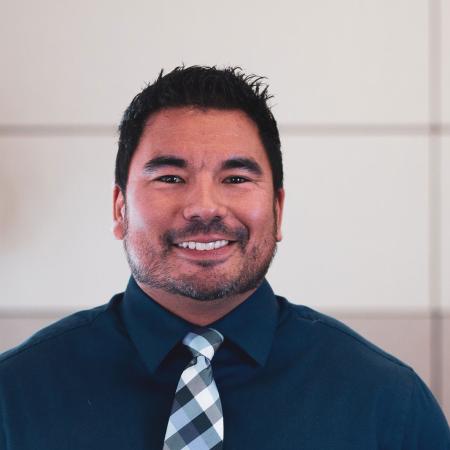Genomics pioneer Dr. Michael Waterman (’64, ’66) has received the William Benter Prize in Applied Mathematics. Waterman, a distinguished College of Science alumnus, is widely regarded as a trailblazer in computational biology. The $100K biennial prize recognizes outstanding mathematical contributions that have had a direct and fundamental impact on scientific, business, finance and engineering applications.
Waterman is currently an emeritus university professor at the University of Southern California and distinguished research professor to the University of Virginia. He earned his bachelor’s and master’s degrees in mathematics at Oregon State and a Ph.D. in statistics and probability at Michigan State University, which propelled him to become a founder and leader of computational biology and a renowned human genome theorist.
Waterman’s work is focused on applying mathematics, statistics and computer science techniques to various problems in molecular biology. His work in the 1980s formed one of the theoretical cornerstones for many DNA mapping and sequencing projects, including the Human Genome Project. He also helped develop some of the most widely used tools in the field, including new technologies to solve basic problems. His work continues to play an important role in DNA sequencing.
Professor Michael Waterman's cutting-edge research on algorithms, probability, and combinatorics launched our epoch of deciphering genomes, sequencing technologies and integrating mathematics and life sciences.
“In 2001, the computational construction of the sequence of the Human Genome, where Professor Waterman’s algorithm played a pivotal role, marked the phase transition point when biology became a quantitative science,” said Sorin Istrail, professor of computational biology at Brown University and close collaborator with Waterman since 1992. “The scientific and strategic importance of genomics for life sciences, medicine, agriculture, and government agencies led to the establishment of bioinformatics centers and institutes for quantitative biology all over the world.”
“Professor Waterman’s pioneering advances in applied mathematics analysis of DNA, intertwining continuous and discrete mathematics, became quintessential for computational biology," said Istrail.
Waterman’s outstanding scientific achievements have earned him an extraordinary reputation internationally. He is member of the U.S. National Academy of Sciences, the U.S. National Academy of Engineering, the American Academy of Arts and Sciences, the French Academy of Sciences and the Chinese Academy of Sciences. He received a Gairdner Foundation International Award in Biomedical Sciences, the Dan David Future Prize in Bioinformatics, and a Guggenheim Fellowship. He is also founding editor of the Journal of Computational Biology.
I am deeply grateful to land grant universities, and Oregon State in particular, that allowed me and many others to receive an excellent education. It opened up the world for me.
Waterman previously held appointments in the Departments of Biological Sciences, Mathematics, and Computer Science at the University of Southern California, Fudan University in Shanghai, Los Alamos National Laboratory and Idaho State University, among others. He is a current member of the Oregon State College of Science Board of Advisors.
"Professor Michael Waterman's cutting-edge research on algorithms, probability, and combinatorics launched our epoch of deciphering genomes, sequencing technologies and integrating mathematics and life sciences,” said Remo Rohs, professor and chair of the new Department of Quantitative and Computational Biology at the University of Southern California. “He mentored many students, postdocs, and faculty, including myself, whose careers are unthinkable without Professor Waterman's impact. He co-founded the historically first Ph.D. Program in Computational Biology and Bioinformatics and one of the first undergraduate majors in Quantitative Biology in the country.”
A first-generation college student, Waterman grew up in rural Coos County, Oregon. He wrote a memoir, “Getting Outside: A Far-Western Childhood,” about his journey from a livestock ranch in western Oregon to Oregon State University.
"I am deeply grateful to land grant universities, and Oregon State in particular, that allowed me and many others to receive an excellent education. It opened up the world for me," said Waterman. To support other students with similar backgrounds, he established an endowed scholarship for OSU College of Science students – the second largest in the College’s history. The legacy gift, the Michael and Tracey Waterman Scholarship, supports students who are the first in their family to attend college and those from rural, less privileged backgrounds.
“I’m thankful for Dr. Waterman's commitment to supporting students in the College of Science,” said Dean Roy Haggerty. “He is helping to break down barriers for more talented first-generation Oregonians to pursue higher education and be future scientific game-changers.”
Due to travel and safety restrictions associated with the COVID-19 pandemic, Waterman will attend the award ceremony for the prize in May 2022 at the Liu Bie Ju Centre of Mathematical Sciences at the City University of Hong Kong.



